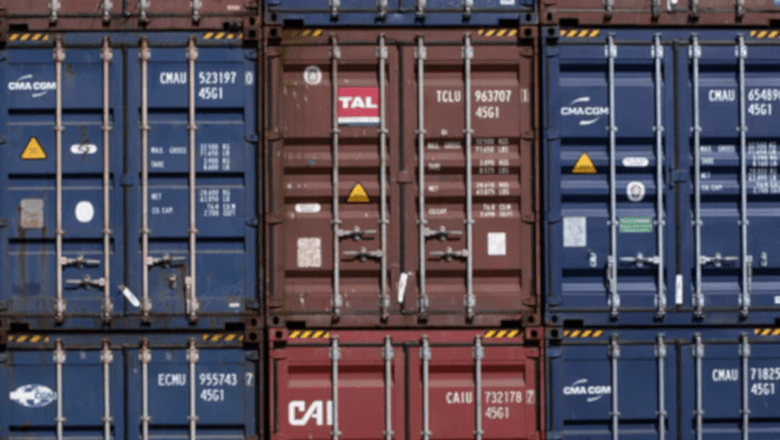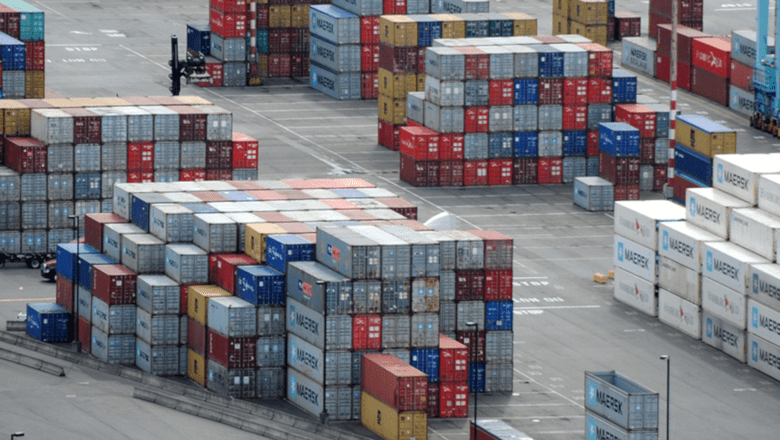Pre-shipment inspection, or PSI, is an essential part of supply chain management when dealing with exports. It protects everyone involved in the transaction, from the manufacturer and seller to the purchaser. The export country requires PSIs before the order can be shipped. Read on to discover why PSIs are necessary, what happens during one, and who performs them.

Necessity
Pre-shipment inspections refer to the examination of goods that are packaged and ready to ship to customers overseas. Typically, this inspection is mandated by the importing country, but a pre-shipment inspection is always a good idea for all parties. You can find more information about PSIs on this page.
The pre-shipment inspection looks at the following:
- Physical identification of the goods
Pre-shipment inspectors look to see whether what the exporter declares is what is actually shipped. They will examine attributes such as size, colors, quantity, quality, artwork, and packaging. Additionally, they will test products for function, safety, durability, and performance, verifying that the buyer’s specifications are met. This inspection helps avoid costly mistakes and increases customer satisfaction. PSI also checks exports against a list of goods that are subject to import regulations.
- Price verification
Price verification assures that there is no price gouging. Inspectors make sure the sale price for goods is in line with current export prices from the country of origin, and that those prices are in line with what the market can support. They will also check to ensure that prices are not purposely too low, a common strategy to avoid tariffs. Additionally, the data collected at inspection allows customs officials to accurately charge for and collect import taxes, fees, and levies.
- Customs classification
Customs classification is perhaps the most crucial aspect of any PSI, necessary for correctly applying import taxes and fees. Classification requires accurate information on customs forms, though frequently, the exporter doesn’t supply appropriate information. The exporter is responsible for incorrect customs information. If a mistake isn’t discovered until the port of import, then the liability for any unexpected tariffs or fines falls to the importer.
As an exporter, you want to grow your business. Being known for accuracy with customs documentation is a good step towards growth. It will save you from shipping delays and added expense, and it will boost your reputation as a reliable and prompt supplier.

What Happens During a PSI?
Every PSI is different, and much of this variance is due to government regulations. The extent of each pre-shipment inspection differs according to government requirements and the specific exported goods. In general, the PSI won’t happen until your order is 100% completed and 80% packaged. A random sample from each shipment is inspected based on international standards set by ANSI/ASQC Z1.4 (ISO 2859-1). Then, the samples are quality-checked according to a formula called AQL, or Acceptable Quality Limit. Your documentation and paperwork will be examined, and the buyer’s specifications verified.
Who Performs My PSI?
Most large-scale manufacturers and exporters use a third-party processor to handle all of their inspections. The inspectors will come to your factory or warehouse to perform the inspection. These third-party shipping managers can take care of all of your inspection needs if you’d like, or they can only deal with the pre-shipment inspection. Additionally, they will ensure that all of your customs paperwork is accurate and complete.
Other Advantages of a Third-Party PSI
One significant advantage of using a third-party processor to handle your pre-shipment inspection is that they are up-to-date on import and export rules. These guidelines vary not only from country to country but also from region to region. Also, the rules change frequently, so it can be difficult for sellers and manufacturers to remain current. Third-party processors make it their job always to be aware of the latest regulations.
Outsourcing all of your inspections will avoid shipping delays and last-minute problems, ensure that your shipment is routed and identified correctly, and save you money. It is expensive to have to re-work your shipment at the last-minute, and non-compliance with regulatory guidelines can be costly from both a monetary and customer satisfaction standpoint.
A third-party processor is a neutral party. They don’t take sides or favor the seller or manufacturer over government officials. A third-party processor’s only job is to ensure that guidelines are met.
Final Thoughts
Pre-shipment inspections are a fundamental part of the export process. As an exporter, you could do the work yourself, leading to shipping delays and added costs. A third-party company can handle your packing, inspections, paperwork, and shipping. Outsourcing your shipping and handling labor increases your reliability, reduces your expense, and can even help you build your brand.
It’s essential that you choose the right third-party inspection firm. Make sure the firm you select has a trusted reputation and an excellent verifiable track-record. Then you will have the peace-of-mind that a proper inspection firm brings.
